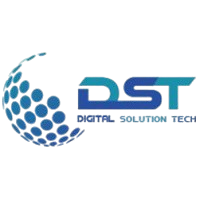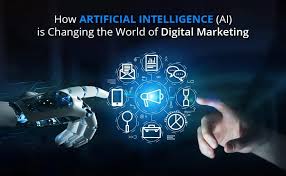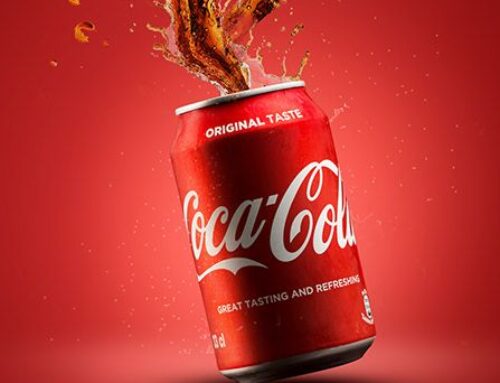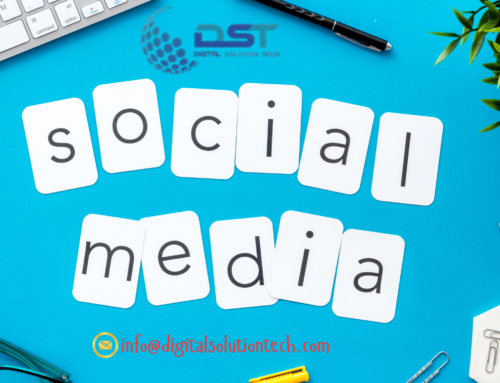Why AI Is No Longer Optional
AI now powers virtually every phase of digital marketing: personalization, content creation, customer service, predictive analytics, and ad optimization. In fact, 80% of marketing leaders say AI is essential to their success, with usage growing 25% since 2023—delivering a 30% boost in ROI on average
1. Hyper‑Personalisation at Scale
AI analyzes behavioral signals, purchase history, and browsing habits to deliver tailored content flows and product recommendations. Seventy-one percent of marketers already rely on AI for personalization—and they report a 25% increase in click-throughs and 15% revenue uplift .
Use it to: send customised emails, personalize homepage content, or create dynamic landing pages that adapt to user context
2. Content Creation & Optimization
Generative AI—such as GPT-based tools—can draft SEO-friendly blog posts, ad copy, social captions, and more. By end of 2025, AI-generated content will account for about 30% of marketing assets .
Best approach: Combine AI efficiency with your brand’s voice. Use AI to generate outlines or headlines, then refine for tone, accuracy, and uniqueness
Predictive Analytics for Smarter Campaigns
AI’s predictive engines can forecast behavior—like churn risk, product buying probability, and campaign engagement. Brands using predictive tools report ~20% revenue increases .
Leverage it for: anticipating market shifts, optimizing inventory, and timing campaigns for maximum impact.
. Conversational AI with Chatbots
Modern AI chatbots handle complex customer queries, recommend products, collect feedback, and work 24/7—delivering 90% faster response rates . Gartner predicts 80% of businesses will adopt them by 2025
5. Voice & Visual Search Optimization
AI-driven voice & image recognition are rapidly expanding. Voice search now comprises ~50% of all searches, demanding conversational, question-based SEO. Visual AI boosts engagement by enabling features like “search by image” on e-commerce sites .
Strategy: Create FAQ-rich content, optimize for voice queries, and use alt-text and structured data for visual search readiness.
Powered Advertising & Programmatic Tech
AI algorithms automatically optimize ad campaigns via real-time bidding, dynamic creative delivery, and budget allocation. This approach cuts ad waste by ~30%, while boosting conversions
Implementation: Use AI tools within Google Ads or programmatic platforms to test creatives and adjust bids dynamically.
7. Ethics, Compliance & Bias Mitigation
With great power comes responsibility. AI-driven personalization raises privacy and bias concerns. Over 60% of marketers cite data privacy compliance as a critical challenge—and 34% of marketers are now using AI to automate this compliance
Best practices:
-
Disclose AI usage transparently.
-
Regularly audit AI workflows for bias.
-
Ensure data protection compliance (GDPR, CCPA).







Leave A Comment